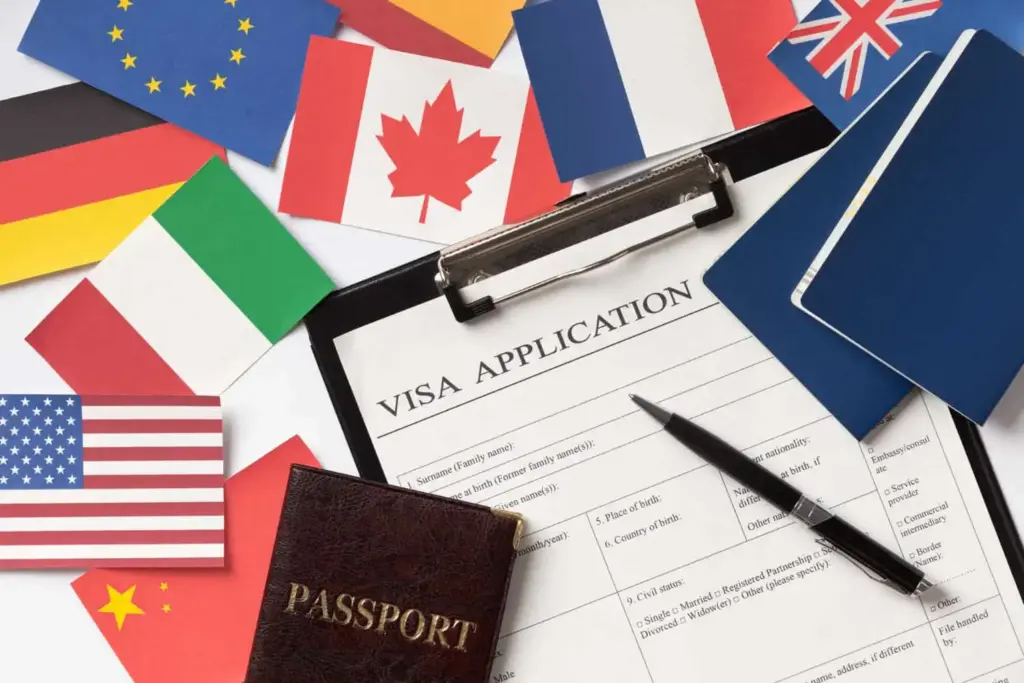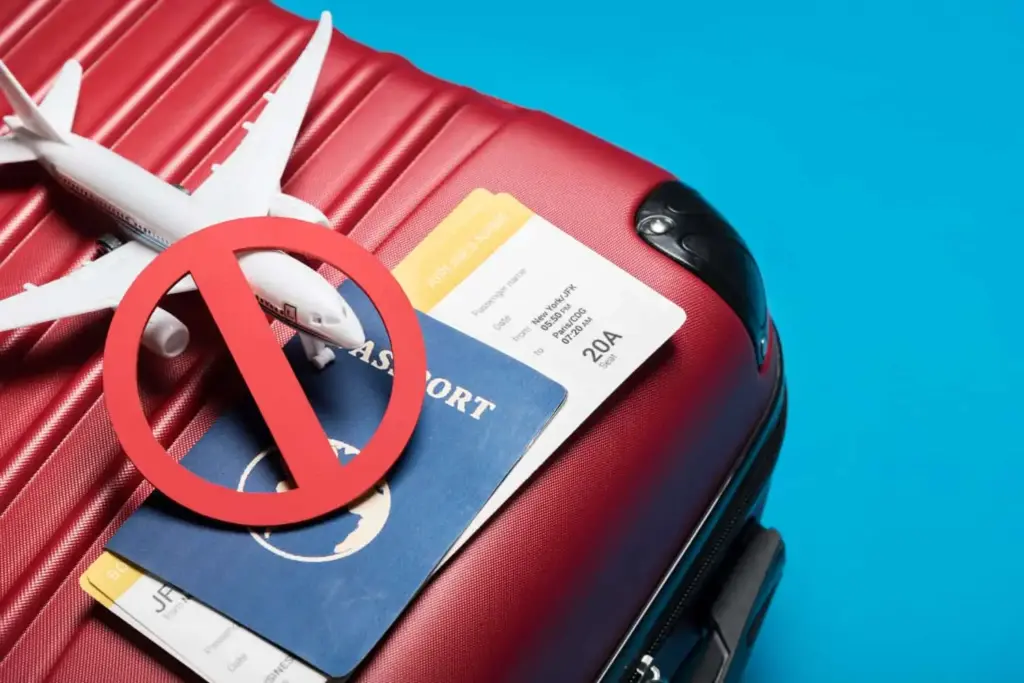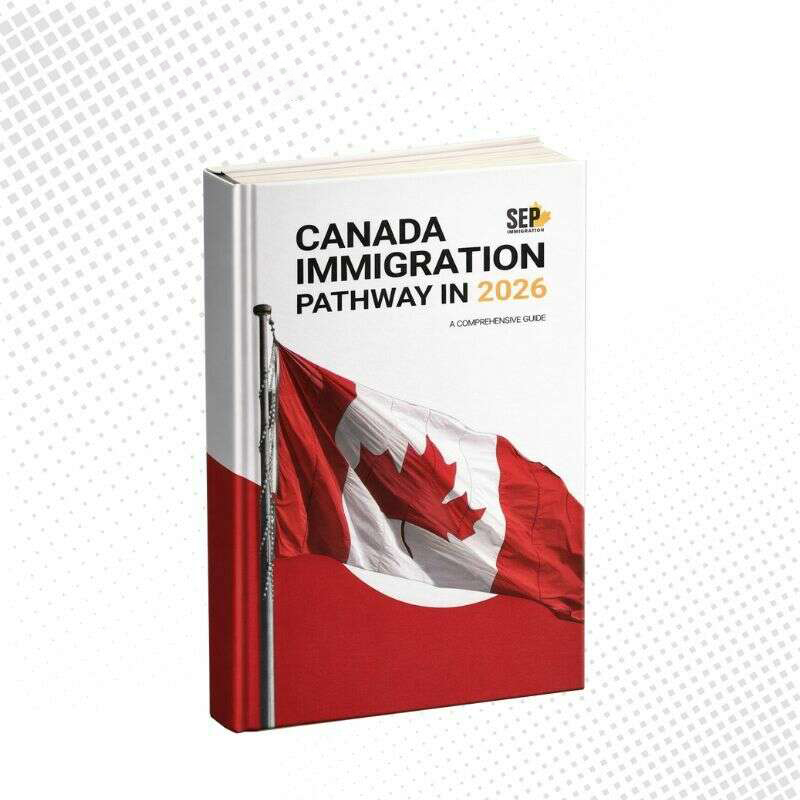Sponsoring a spouse or partner for permanent residency in Canada isn’t just about love and paperwork — it’s a legal process, and sometimes things go wrong. Understanding why sponsorship applications get refused can help you avoid the same outcome.
1. The Sponsor Doesn’t Qualify
Not everyone is allowed to act as a sponsor. The Canadian government has clear rules: You must be 18 or older, a Canadian citizen or permanent resident (or status Indian under the Indian Act), and physically living in Canada—or prove you will be, if applying from abroad.
If you’ve failed to meet past sponsorship obligations, defaulted on a court-ordered support payment, declared bankruptcy, or been convicted of certain offences, this could block your application.
How to avoid this mistake:
Before applying, double-check your eligibility using the IRCC’s online tools. If you’ve sponsored someone before, confirm you’re not still under financial obligation. Don’t guess — documentation matters here.
2. Not Enough Proof That Your Relationship Is Real
IRCC officers are trained to spot relationships that look more like arrangements than genuine partnerships. If the documents don’t show that your life is actually shared, the application may be turned down.
Things like separate addresses, no shared finances, or vague photos can raise doubts. Long gaps in communication or a short time knowing each other before marriage can also create problems.
What you can do instead:
Submit records of joint finances, lease or mortgage agreements with both names, travel history, photos from different events or stages of the relationship, and chat logs that show consistent contact. Letters from friends or family describing your relationship help, too — especially if they’ve met you both together.
3. Application Errors
One of the most common — and avoidable — reasons for refusal is incomplete or incorrect paperwork. A missing signature, the wrong version of a form, or even something as simple as paying the fee incorrectly can delay or kill an application.
To reduce the risk:
Always download the forms directly from the IRCC website. Read every line — even the fine print. Double- and triple-check that everything is filled out completely. Cross-reference with the official document checklist. Submit only the required items and avoid sending extra unrelated documents, which might confuse the case officer.

4. Medical or Criminal Records Raise Concerns
If the person being sponsored has certain health conditions or a criminal history, this could lead to refusal. That doesn’t mean every past mistake or medical issue will disqualify someone—it depends on the details.
For example, some serious criminal charges or active contagious diseases could result in inadmissibility. Spouses and children are generally exempt from being refused due to medical costs, but public health risks are another story.
What helps:
Get your medical exam from a doctor approved by IRCC (not just anyone). Be honest about medical history — omitting information can do more damage than the condition itself.
For criminal history, police clearance certificates are required from every country that has lived in for six months or more since turning 18. If there’s a past offense, include court documents and a written explanation upfront.
5. Past Sponsorship Obligations
If you were sponsored by a spouse or partner and became a permanent resident, you must wait five years before sponsoring someone else. Also, if you’ve broken past sponsorship agreements — for example, by not supporting the person you sponsored — your new application could be denied.
Before applying again:
Look into your past immigration records. You may still be legally tied to someone you previously sponsored. If you’re unsure, request your file from IRCC or consult a legal expert. Don’t rely on memory alone.

6. Misrepresentation
If you lie, even a little, or leave out something important, the consequences are serious. IRCC treats misrepresentation — intentional or not — as a five-year ban from applying again.
This could be as blatant as fake documents or as subtle as omitting a previous marriage. Either way, it damages credibility and ruins your chances.
How to avoid it:
Tell the truth, even if you’re worried the truth might hurt your case. Include explanations for anything that might seem unusual. Honesty gives you room to clarify. Getting caught in a lie does not.
7. Ignoring Requests From IRCC
Sometimes, IRCC will ask for extra documents or clarification after you apply. The application could be refused without a second warning if you don’t reply by the deadline.
How to stay on top of it:
Check your email and IRCC portal regularly. Use an address you won’t lose access to. If something is requested, respond as soon as possible — don’t wait until the last day. Suppose a document will take time to get, write to them and explain the delay. Silence is what hurts most.
Conclusion
Sponsorship refusals usually don’t come out of nowhere. There are warning signs — missing forms, weak documentation, ignored emails. Each of these issues can be addressed with time and care.
Start by understanding the process properly, be honest, and keep your documents in order. That’s often enough to avoid the most common mistakes.
What to Do If Your Spousal Sponsorship Application Is Refused
A refusal on your spousal sponsorship application can feel discouraging, but it doesn’t mean the end of the road. You have options to challenge the decision or strengthen your case for a new application.
Review the Refusal Letter Carefully
The first thing you should do is go through the refusal letter sent by Immigration, Refugees and Citizenship Canada (IRCC). The refusal letter will explain why your application was denied. Some common reasons include:
- Missing or incomplete documents – If you forgot to submit certain required forms or evidence.
- Lack of proof of a genuine relationship – If immigration officers weren’t convinced that your marriage or partnership is real.
- Inconsistencies in your application – If there were conflicting details between your forms, supporting documents, or interview answers.
Understanding exactly what went wrong will help you decide what to do next.
Decide Whether to Appeal or Reapply
Once you know why the application was refused, you have two main options: to appeal the decision or to submit a new application.
Appeal the refusal – If your application was processed under the Outland Sponsorship stream, you may be able to challenge the decision by appealing to the Immigration Appeal Division (IAD). You must file your appeal within 30 days of receiving your refusal letter. If the appeal is successful, the decision could be overturned.
Reapply with a stronger application – If the refusal was due to missing evidence or minor issues, reapplying may be a better option. You don’t have to wait to submit a new application unless the refusal letter states otherwise.
If you’re unsure whether an appeal or reapplication is best, seeking professional advice can help.
Gather Stronger Evidence
If the issue was insufficient proof of your relationship, your new application needs to provide clearer, more convincing evidence. Consider adding:
- Personal statements – Both you and your spouse should write detailed letters explaining your relationship’s history, daily life together, and future plans.
- More photos – Include a wider variety of pictures from different times, locations, and events, especially with family and friends.
- Communication records – Provide additional call logs, text messages, emails, or video chat records that show regular contact over time.
- Financial and legal ties – Shared bank accounts, joint leases, utility bills, or insurance policies can help prove a committed relationship.
- Letters of support – Affidavits from family and friends who know you both and can vouch for your relationship’s authenticity.
FAQ
What is the rejection rate for spousal sponsorship?
The federal government doesn’t publish an exact rejection rate, but refusal is not uncommon. Factors like insufficient evidence or eligibility issues are among the top reasons for denial.
Why is my sponsor request not approved?
It could be due to eligibility issues, paperwork errors, concerns about the relationship’s authenticity, medical or criminal history, or unresponsiveness.
Can a company deny sponsorship?
In family immigration, no — companies don’t sponsor individuals. That applies to employer-based immigration programs, not family-class sponsorship.
Why would sponsorship be denied?
The most common reasons are incomplete applications, ineligible sponsors, weak proof of relationship, inadmissibility issues, and misrepresentation.





